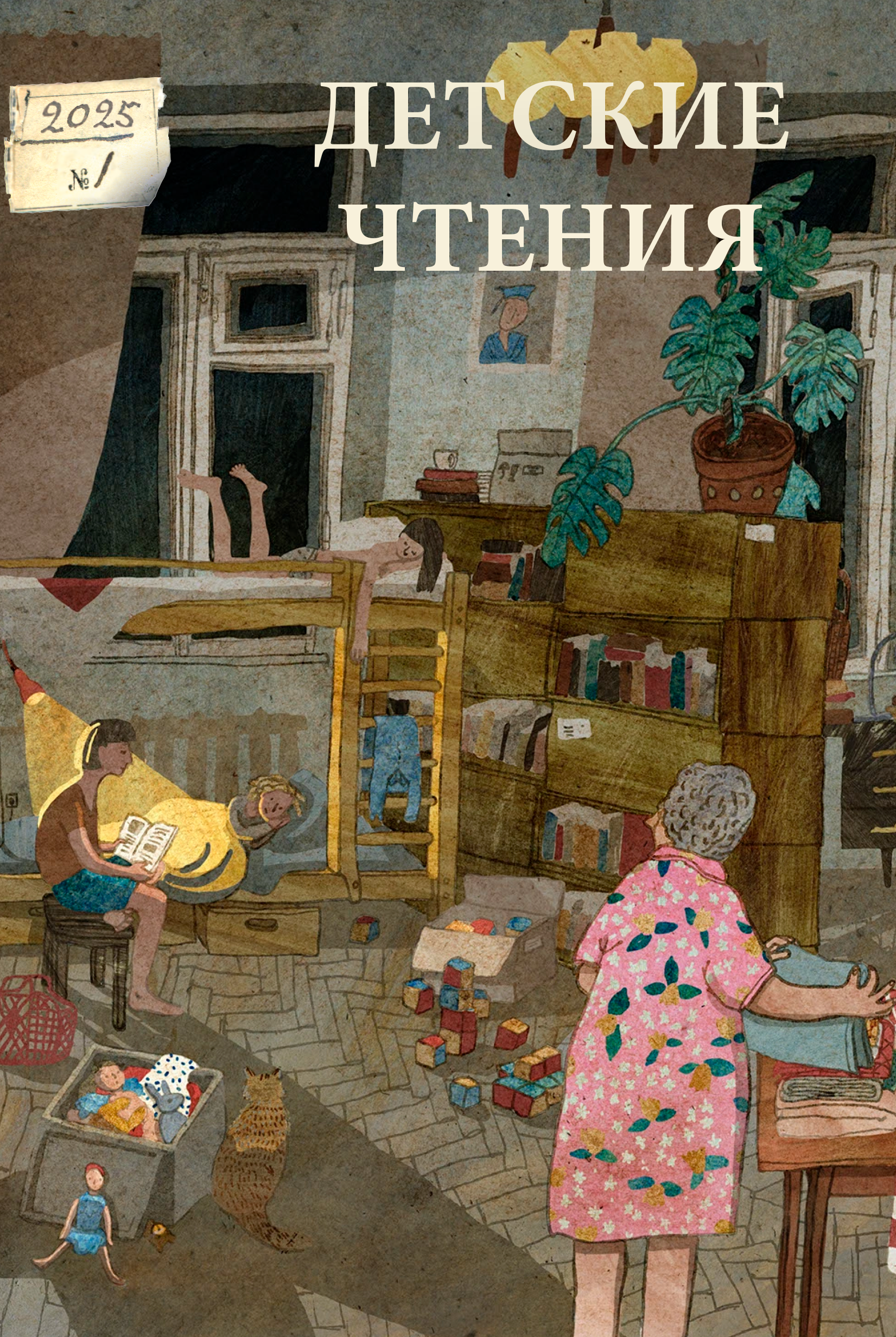РЕСАЙКЛИНГ-ЗАБВЕНИЕ: СТАБИЛИЗАЦИЯ ШКОЛЬНОГО ЛИТЕРАТУРНОГО КАНОНА
DOI:
https://doi.org/10.31860/2304-5817-2025-1-27-206-237Аннотация
В статье представлены результаты количественного исследования базы данных, которая была собрана на основе опубликованных ранее датасетов, связанных с российским школьным литературным каноном. Авторы рассматривают историю трансформации программ, стандартов и других официальных документов за период 1974–2024 гг. с применением компьютерных методов количественного исследования (обработка данных и количественные подсчеты производились на языке Python с использованием библиотеки Pandas). Рассматривая материал сквозь призму концепции культурного ресайклинга и выявляя его формы на стыке позднесоветского и постсоветского, авторы приходят к выводу, согласно которому уже практически ставшее классическим понимание культурного ресайклинга как возвращения в центр культурного поля того, что ранее было отодвинуто на периферию, на современном этапе не имеет широкого распространения в области школьного литературного канона. Вместе с тем оказывается, что явное возвращение школьных программ по литературе последних лет к «золотому сечению» рубежа 1970–1980-х гг. осуществляется с помощью обратного явления — ресайклинга-забвения, то есть восстановления отсутствия и замалчивания. Авторы приводят списки писателей и поэтов с указанием времени вхождения в канон или исключения из него, а также перечень тех, чье творчество на протяжении последних 50 лет составляет ядро школьного литературного канона.
Ключевые слова: ресайклинг, постсоветская школа, литературный канон, школьный канон, школа, школьное образование, основное общее образование, среднее общее образование, стандарт, образовательная программа, рабочая программа, литература







